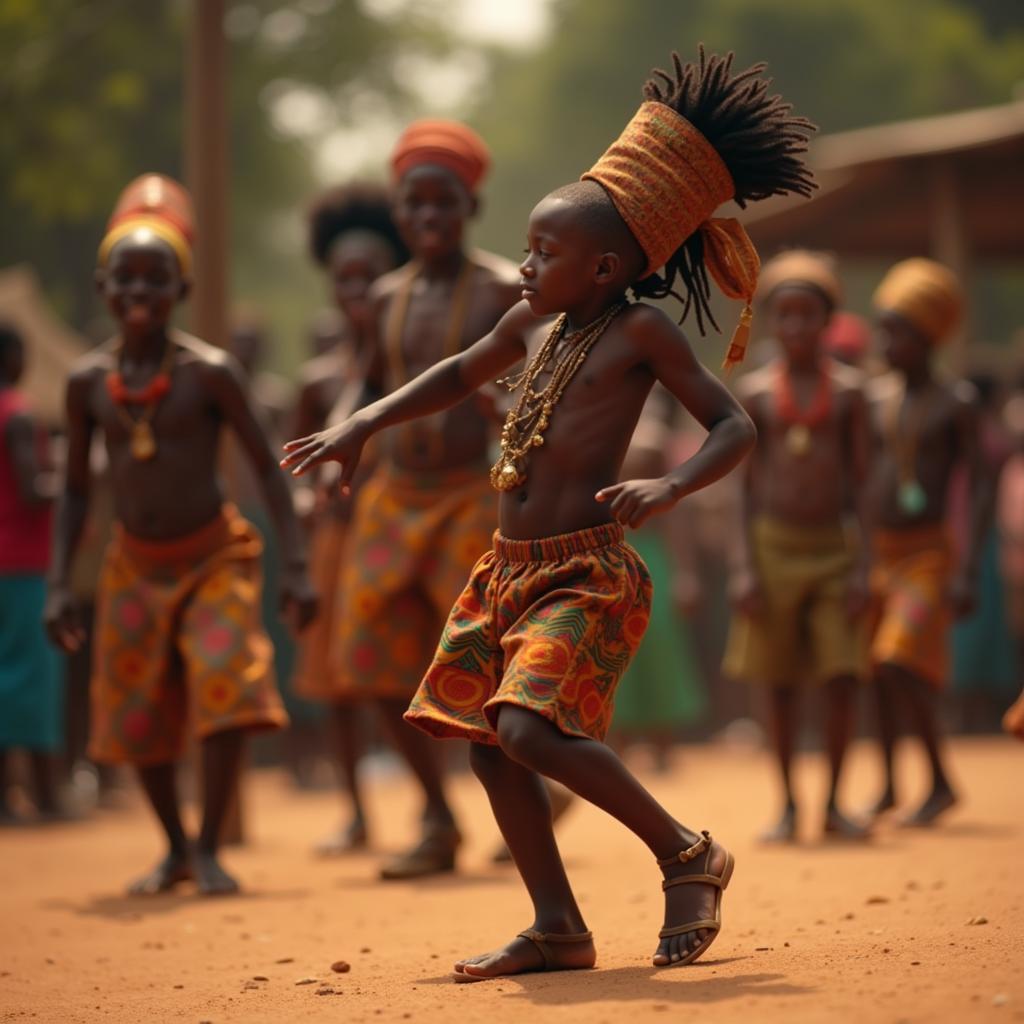African Folk Music: A Journey Through Rhythms and Traditions
African Folk Music is a vibrant and diverse tapestry of sounds that has captivated audiences worldwide for centuries. From the rhythmic beats of traditional drums to the haunting melodies of ancient instruments, African folk music embodies the rich history, culture, and spirit of the continent. This article will delve into the captivating world of African folk music, exploring its origins, instruments, genres, and its enduring influence on global music.
The Roots of African Folk Music
African folk music has its roots in ancient oral traditions and rituals, dating back thousands of years. Music played a vital role in daily life, serving as a means of communication, storytelling, and social bonding. These traditions were passed down through generations, evolving and adapting over time to reflect the unique cultures and experiences of different communities.
Instruments of African Folk Music
African folk music utilizes a wide array of instruments, each with its distinct sound and cultural significance. Some of the most common instruments include:
- Drums: Drums are a central element in African music, providing the rhythmic foundation for many genres. Different drums are used for different purposes, from signaling tribal gatherings to accompanying dances.
- String Instruments: Instruments like the kora, ngombi, and harp are popular in West Africa, while the mbira, a thumb piano, is widely used in Zimbabwe and other southern African countries.
- Wind Instruments: Flutes, trumpets, and horns are commonly found in African music, adding melodic and rhythmic layers to the soundscape.
- Percussion Instruments: Instruments like rattles, bells, and xylophones provide intricate rhythms and textures to African music.
Genres of African Folk Music
African folk music encompasses a wide range of genres, each with its unique style and characteristics. Some of the most notable genres include:
- Highlife: A popular genre in West Africa, highlife blends traditional rhythms with Western instruments, creating a lively and danceable sound.
- Jùjú: Originating in Nigeria, jùjú features complex guitar patterns and call-and-response vocals, often accompanied by percussion instruments like the talking drum.
- Mbalax: A Senegalese genre known for its fast tempos and energetic rhythms, mbalax is heavily influenced by traditional percussion and dance traditions.
- Soukous: A Congolese genre that emerged in the 1960s, soukous combines elements of rumba, salsa, and traditional Congolese music, resulting in a highly infectious dance sound.
The Influence of African Folk Music
African folk music has had a profound impact on global music, inspiring artists and genres across the world. From the blues and jazz of the United States to the reggae and ska of Jamaica, African rhythms and melodies have left an indelible mark on musical history.
“African folk music is a universal language that transcends cultural boundaries,” says Dr. Amina Diallo, a renowned ethnomusicologist. “It speaks to our shared humanity and reminds us of the power of music to connect us all.”
African Folk Music Today
African folk music continues to thrive today, both in traditional communities and in modern music scenes. Young artists are reinterpreting traditional styles, fusing them with contemporary influences to create exciting new sounds. The accessibility of online platforms has also helped to spread African folk music to a wider audience, introducing the world to the rich musical heritage of the continent.
FAQ
Q: What is the difference between African folk music and African contemporary music?
A: While African contemporary music draws inspiration from traditional styles, it often incorporates modern instrumentation, production techniques, and themes.
Q: Are there any specific African folk songs that are famous globally?
A: Some well-known African folk songs include “The Lion Sleeps Tonight” (originally a Zulu folk song) and “Wimoweh” (a popular South African folk song).
Q: How can I learn more about African folk music?
A: You can explore online resources, attend concerts and festivals featuring African folk music, and connect with musicians and cultural groups.
Conclusion
African folk music is a vibrant and captivating art form that reflects the rich cultural tapestry of the continent. From its ancient roots to its contemporary expressions, African folk music continues to inspire and enchant audiences worldwide. By exploring this rich musical heritage, we gain a deeper understanding of the history, culture, and spirit of Africa.
